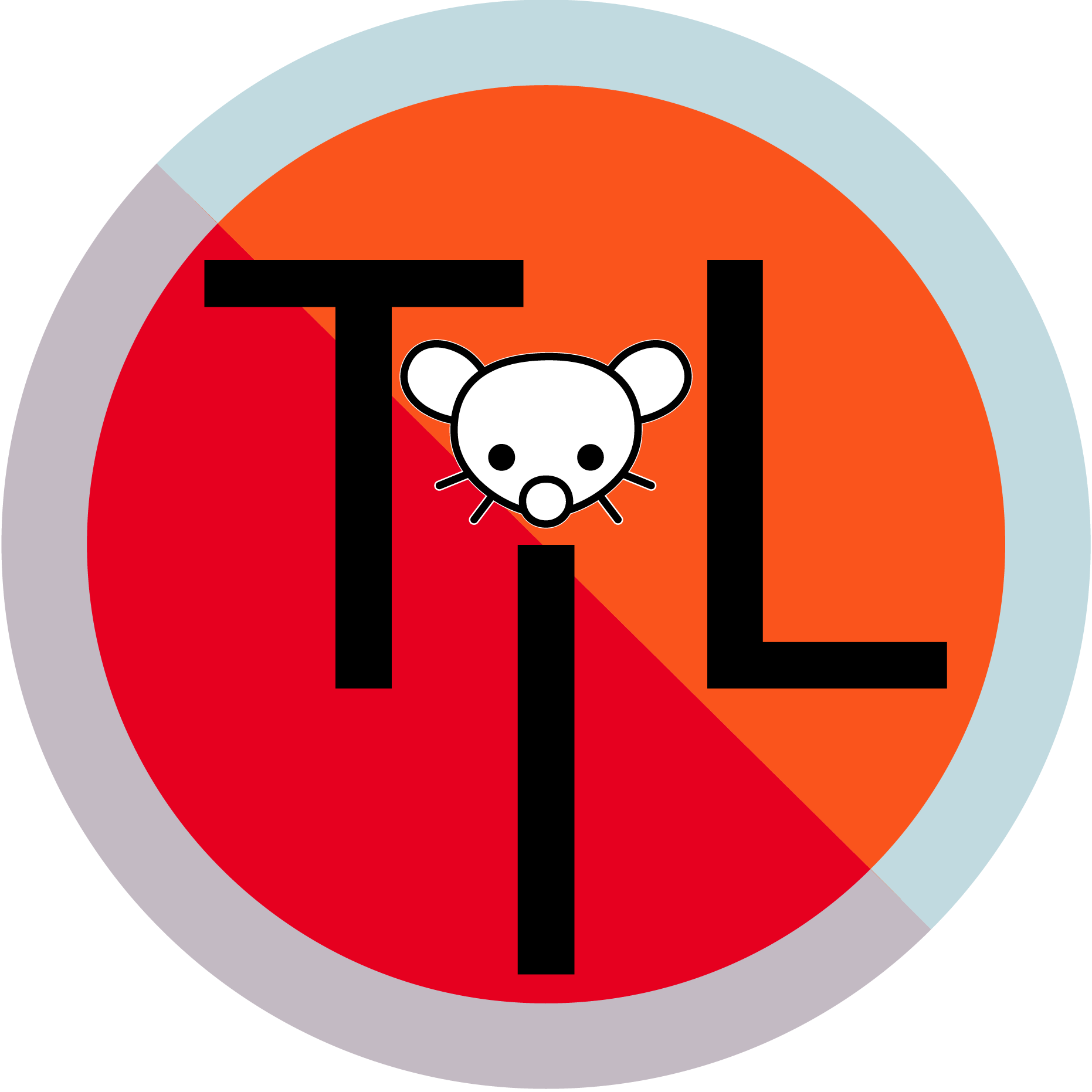

It’s a glorified autocorrect. Using it for anything else and expecting magic is an interesting idea. I’m not sure what folks are expecting there.
- It suggests variables and function names I was already going to type more accurately. Better, it suggests ones even when I cannot remember the name because i got stumped trying to remember.
- It fills in basic control structures and functions more effectively than the IDE’s completion templates.
- It provides a decent starting point for both comments and documentation (the hard part). Meaning my code actually has comments and documentation. Regularly!
But I don’t ask it to explain things or generate algorithms willy nilly. I don’t expect or try to have it do something that’s not more than simply auto-completion.
I honestly like it, even if I strongly dislike the use of AI elsewhere. It’s working in this area for me.













It’s political satire. Read the full plaque again. It is extremely well excuted.
I’m legitimately disappointed the duration for the permit appears to be so short.
Regarding the employment of the personnel who approved the permit, that’s uncalled for. I’d recommend reading and internalizing the First Amendment. They really have.